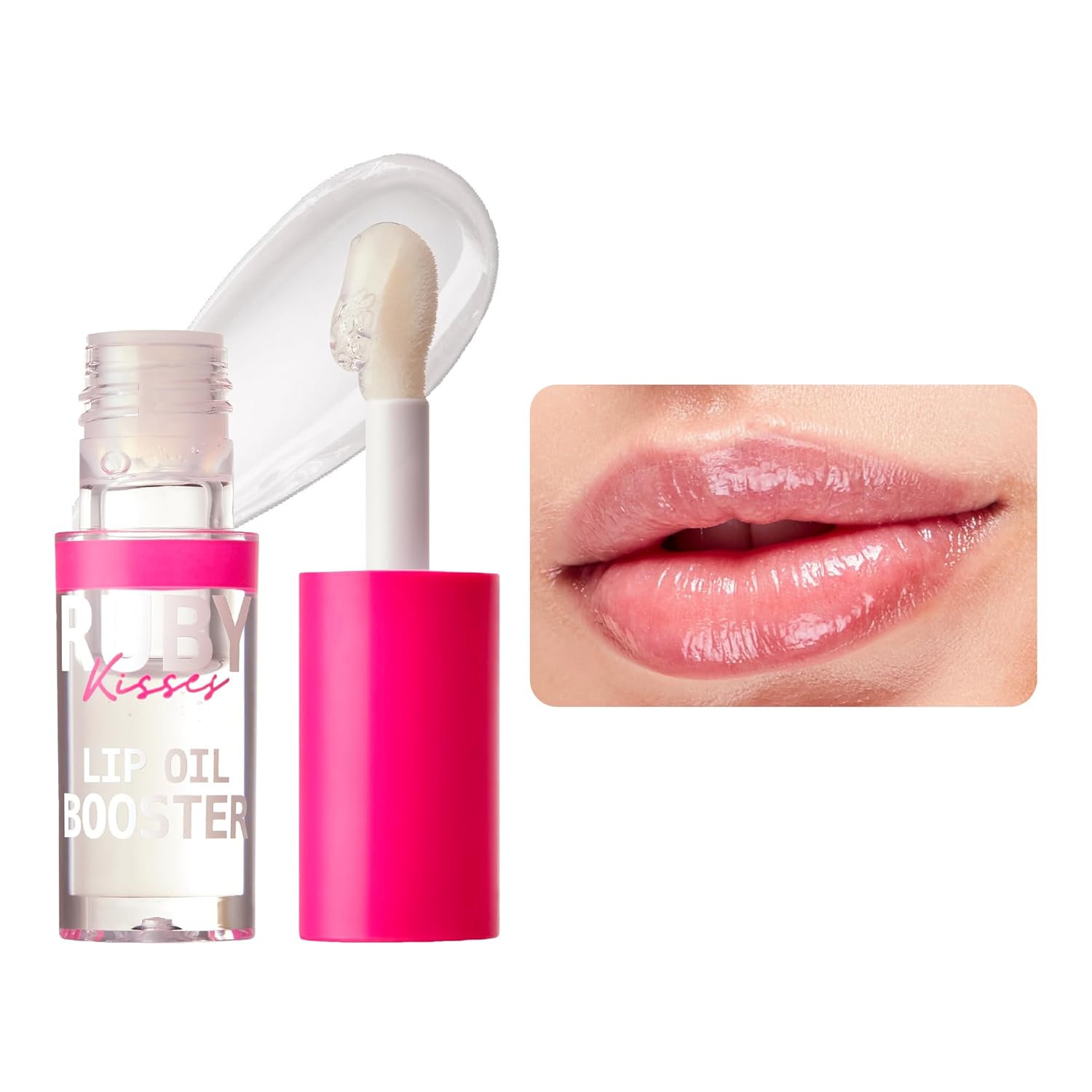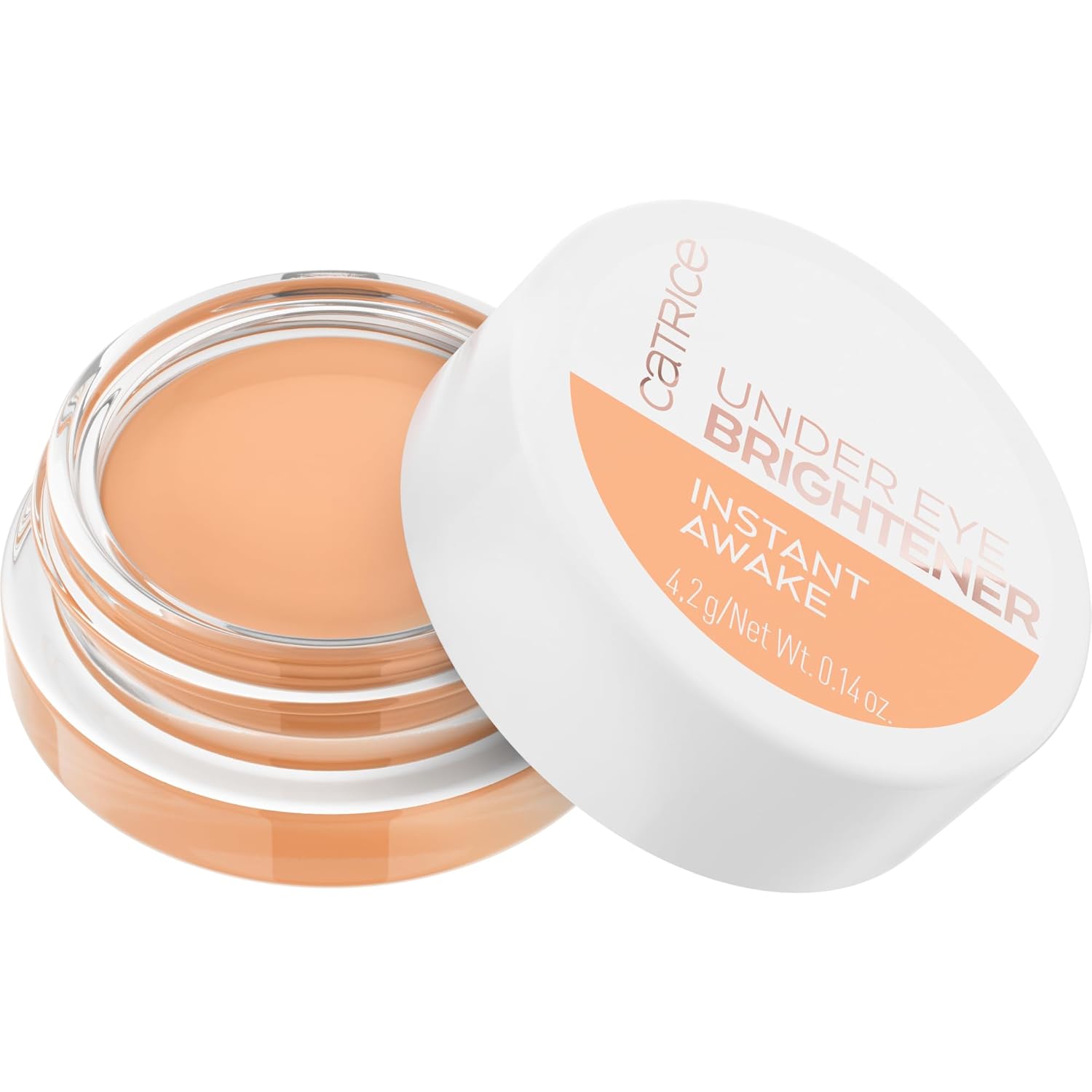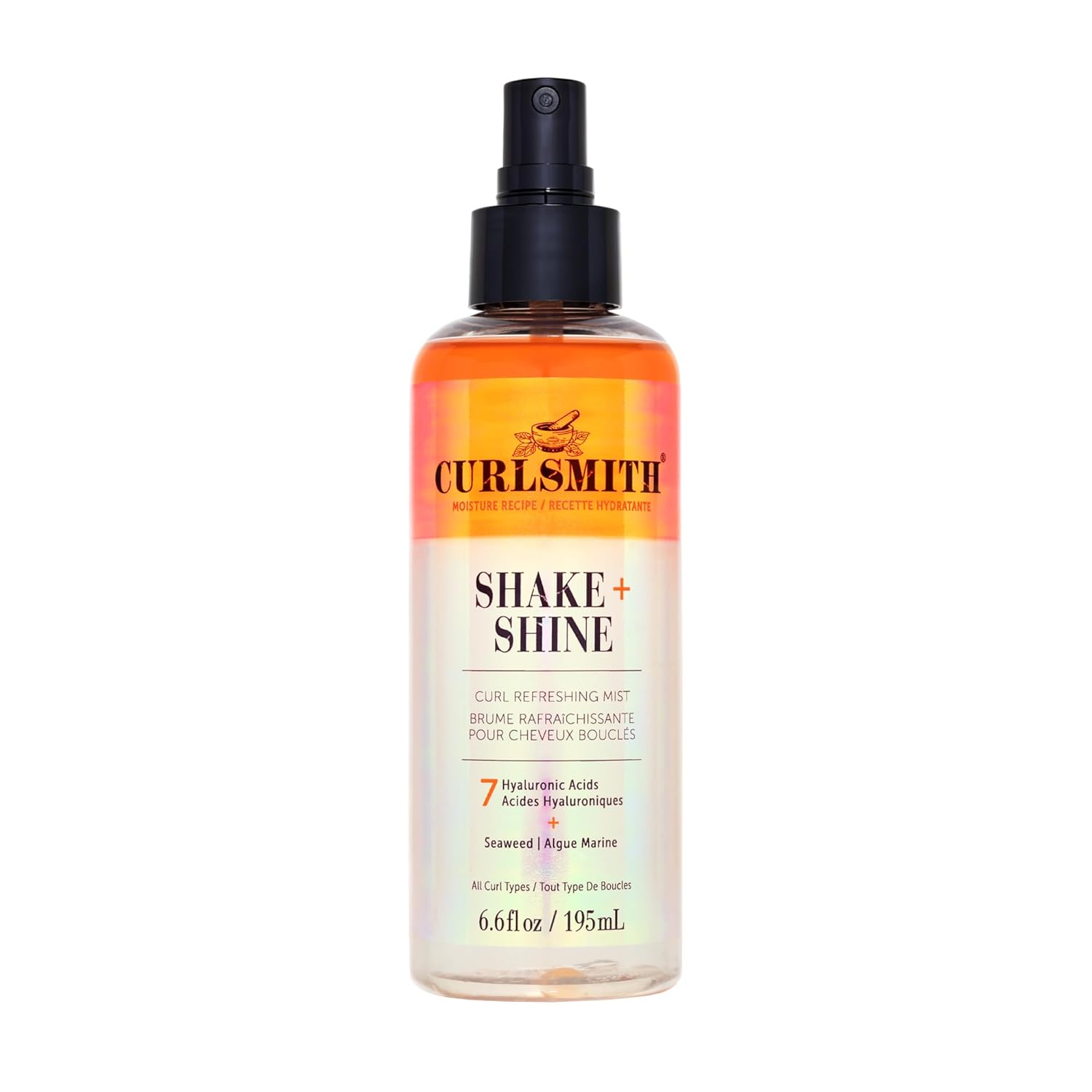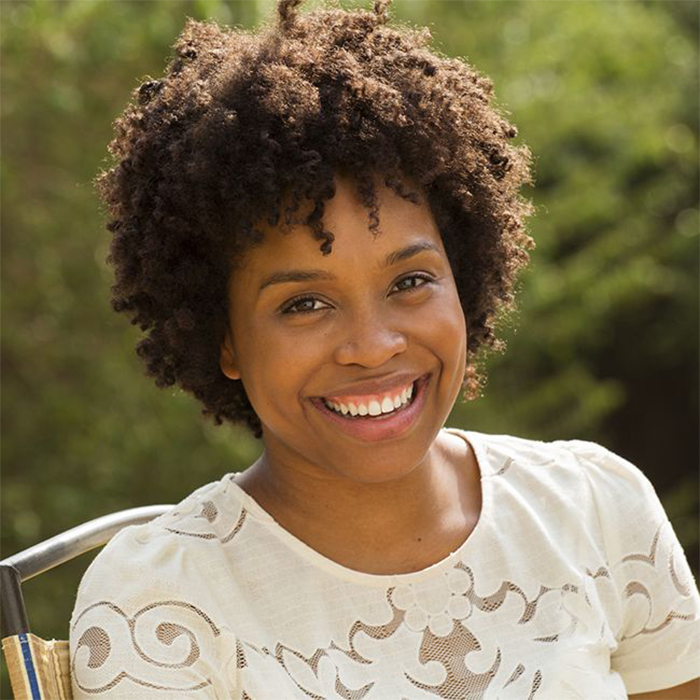
Oils, greases, pomades, and other products that you use to maintain the health of your hair may be as beneficial for your scalp. It is important to remember that your scalp is skin and proper skin care such as cleansing regularly and not using comedogenic ingredients are essential for optimal scalp health. Although heavy ingredients will not affect hair growth, it can create an unhealthy environment for your scalp, causing problems like dandruff, dry scalp and scaling.
Castor oil
Castor oil has great moisturizing properties. The key to using castor oil is to mix it with other carrier oils that are not has heavy in consistency. Castor oil has a high viscosity. Viscosity is defined by Merriam-Webster.com as “the property of resistance to flow in a fluid or semifluid.” Its sticky and thick consistency can be hard to remove from both the hair and scalp. Greasing your scalp with castor oil will trap dirt on the skin, and if you are co-washing and not removing the oil with a pH balanced clarifying shampoo, you will create scalp buildup, dry scalp, and flakes. I recommend using castor oil as a pre-shampoo treatment for your hair. First, add shampoo to your hair, massage to lather, and then apply water; this will help to thoroughly remove the castor oil from your hair.
Shea butter
Shea butter is a great moisturizer for dry, cracked areas of the skin, such as elbows, feet, and lips. Shea butter is a great sealant and shine enhancer. The reason I do not recommend using shea butter on the scalp is because it can worsen oily dandruff, causing the flakes or dry scalp to clump together which will make the flakes harder to remove. You can try to alleviate the symptoms for dandruff by balancing the pH of the scalp with Philip Kingsley’s Flaky Scalp Toner. This product is water based and has camphor to cool and soothe the scalp. There is no reason to add oils or other lubricants to the scalp because of sebum, a natural wax created by our sebaceous glands that protects and moisturizes the skin.
Using Monistat for hair growth or to treat ringworm
If you think have a fungal infection that results in hair loss, please do not try to treat this problem at home with an over-the-counter cream like Monistat. You need to see a dermatologist who can treat the fungal problem with the appropriate medication. The dermatologist will diagnose whether or not you have ringworm, another type of infection, or a separate hair loss problem. Hair re-growth is important but you need to make sure that the fungus is no longer present and a doctor would be able to tell you this. Permanent hair loss can result, as well as spreading the fungus to others through combs, brushes, pillowcases, and other materials you share.
Remember to be as mindful of your scalp as you are with your hair. Keep it clean, and if you must use oils or other scalp products, make sure they are lightweight. Always consult with your doctor for anything medicated.
Here’s a few scalp oils you CAN use on your scalp including argan, jojoba, olive, lavender, and rosemary oil to name a few.
Here’s our recommended NC picks:
As I Am Pure Oils Extra Virgin Olive Oil







EDEN BodyWorks Papaya Castor Scalp Massaging Serum
Mielle Organics Rosemary Mint Scalp & Hair Strengthening Oil
What are you using on your scalp to keep it healthy?








